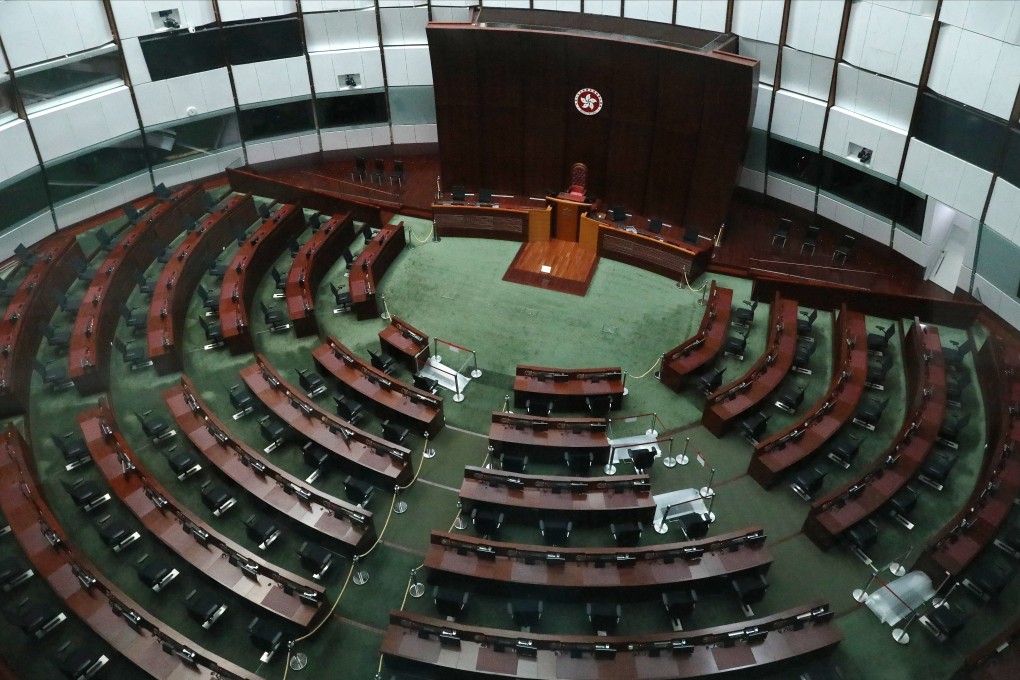Advertisement
Opinion | Hong Kong Legislative Council elections: why it makes sense to wait a year
- For an election to be fair, candidates must have the opportunity to engage with voters, and this can’t happen in a city fighting a new wave of coronavirus infections. Instead, this might be the time for Hong Kong to cool off
3-MIN READ3-MIN

A day is a long time in politics now. Just as we were coming to terms with Covid-19 upending Hong Kong’s Legislative Council election, a dozen candidates were disqualified by returning officers appointed by the Electoral Affairs Commission. The abrupt end to their bids for seats had not been entirely unexpected.
But now, the election is being postponed, possibly by up to a year, which is an eternity in politics. In today’s charged political climate, it is tempting, of course, to look at everything through the lens of which side will gain the most from any delay. But the truth is that any change in date would bring both disadvantages and advantages to all sides.
Some have said having more time would help the pro-establishment camp. But the question then is: why would more time hurt the opposition? Does the opposition, or what it stands for, have a limited shelf life? Would its pledge to vote down the budget expire next year? If that can’t be achieved next year, it could be attempted the year after. There’s a budget every year.
Advertisement
Some have said the delay would dampen spirits in the city and would therefore help the pro-establishment camp. However, other than the fact that this highly politicised environment galvanises supporters on both sides, those who make these easy predictions are conveniently overlooking the possibility that the delayed Legco election could have knock-on effects on the Election Committee subsector elections in 2021 and the chief executive election in 2022.

02:07
More than 610,000 vote in Hong Kong’s pro-democracy opposition primary elections
More than 610,000 vote in Hong Kong’s pro-democracy opposition primary elections
The closer the Legco election is moved to these dates, the more political things are going to get, especially if the current chief executive, Carrie Lam Cheng Yuet-ngor, plans to seek re-election.
Advertisement
But now for a dose of clarity. For an election to be fair and open, candidates must have the opportunity to engage with voters. And right now, the city is being hit by a third wave of Covid-19 infections and we are struggling to flatten the curve, and trying to stay at home or socially distanced, if not actually isolated.
Advertisement
Select Voice
Select Speed
1.00x
